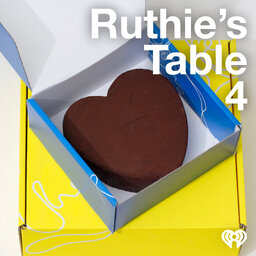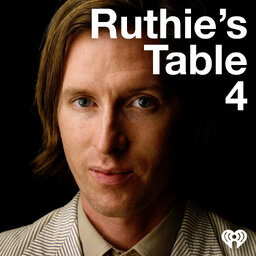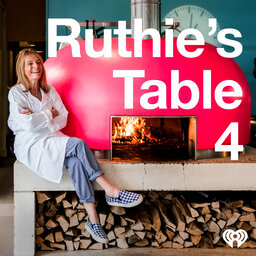From The Archive: Nancy Pelosi - Part 1
We have just one week until the new series of Ruthie’s Table 4 starts on the 22nd October!
And in just 21 days, the U.S. Presidental election will be underway.
This week we are revisiting an episode from Series 2 with former Speaker of the House Nancy Pelosi. Considered the most powerful woman in American political history, she recalls how her five children would help her prepare dinners for the Democratic Party in the early days of her political career, her memories of childhood meals in Baltimore, and her love of everything chocolate.
Ruthie’s Table 4, made in partnership with Moncler.
In 1 playlist(s)
Ruthie's Table 4
Welcome to Ruthie's Table 4 hosted by Ruthie Rogers, co-founder and chef of The River Cafe in London…Social links
Follow podcast
Recent clips

Her Excellency Sheikha Al-Mayassa bint Hamad bin Khalifa Al Thani
28:28

Bonus: Valentine's Day At The River Cafe
12:17

Wes Anderson At Gagosian, Paris
18:08
 Ruthie's Table 4
Ruthie's Table 4